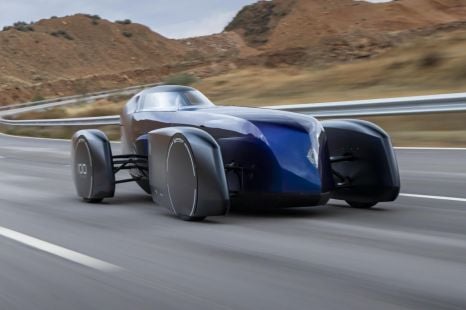

Derek Fung
Renault concept completes 1000km run in 10 hours without recharging
59 Minutes Ago
Western Australia is huge, but that is no great impediment to the Government's plan for Statewide EV chargers from 2024.

Senior Contributor
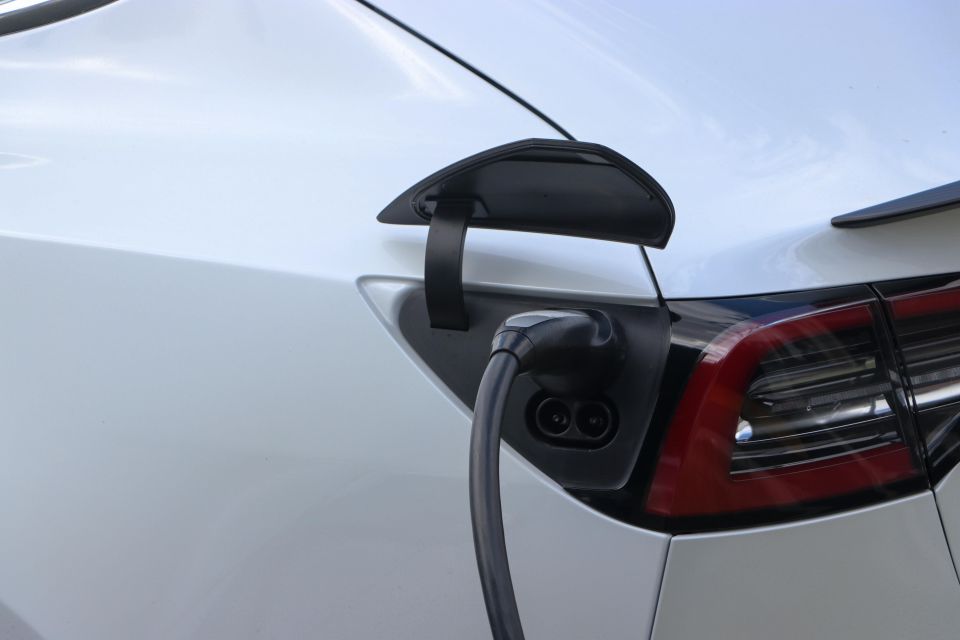

Senior Contributor
Western Australia’s plan to create the longest continuously connected electric highway in the country took a step forward today.
The State Government has contracted Australia’s JET Charge to supply charging hardware, with Synergy and Horizon Power to supply the energy.
JET Charge was also appointed as EV charging partner for the Victorian Government’s Zero Emissions Vehicle (ZEV) Program in June this year.
Western Australia is by far Australia’s biggest State, but also sparsely populated outside of Perth, making far-flung infrastructure a thorny challenge.
MORE: Q&A with JET Charge founder Tim Washington
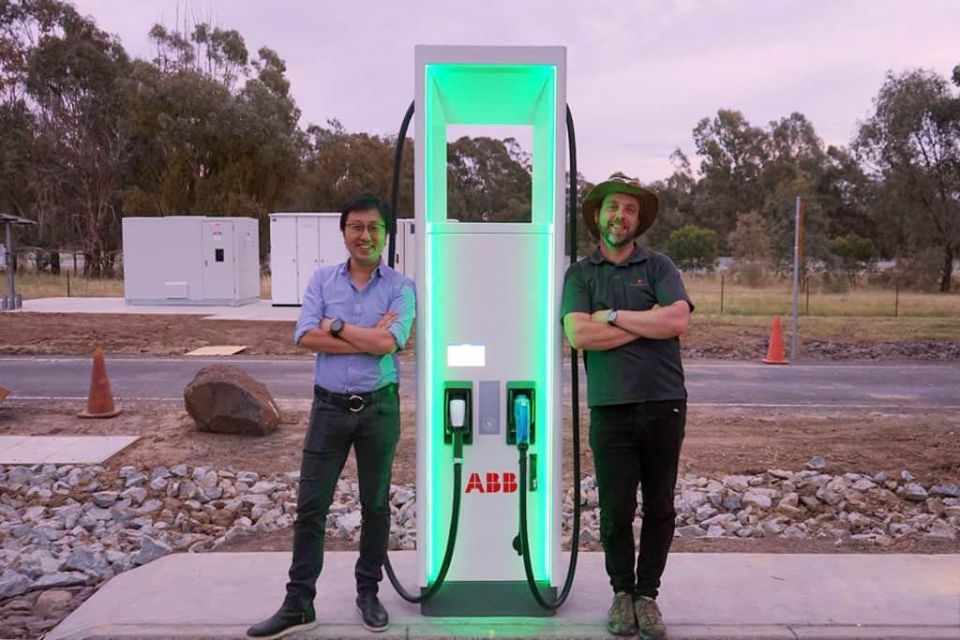
WA’s plan – perhaps as much about good PR as providing game-changing infrastructure in its first iteration – will see 98 EV chargers installed at 49 locations over a claimed 6600km.
According to the office of State Premier Mark McGowan, WA’s fast charging network will stretch from Kununurra in the north, to Esperance in the south, and east to Eucla.
The average distance between stations in this network will be about 200km.
Each location will have both a standard AC and a fast DC charger, the latter outputting up to 150kW. It’s more common to see charging sites using faster DC chargers.
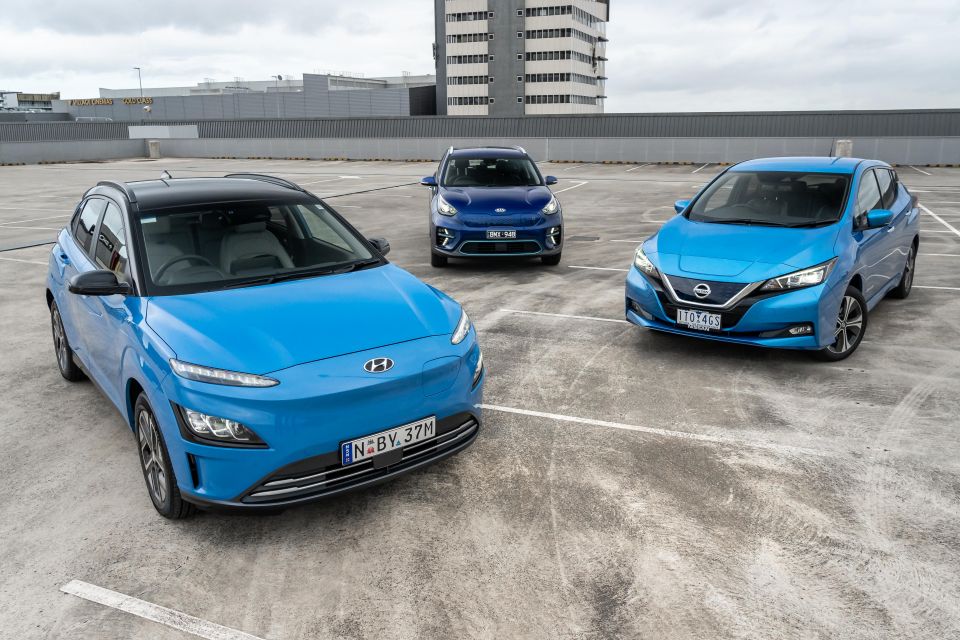
The first charging station is expected to be installed in November this year, with the network to be fully operational by 2024.
“WA’s EV fast charging network is an important step to boost our uptake of electric vehicles, enabling drivers to travel the vast distances around the State more easily,” contends Mr McGowan.
“This will help to reduce carbon emissions, as WA transitions to net zero by 2050. When completed, WA’s EV fast charging network will be the world’s longest of its kind – with construction well underway and expected to be completed by early 2024.”
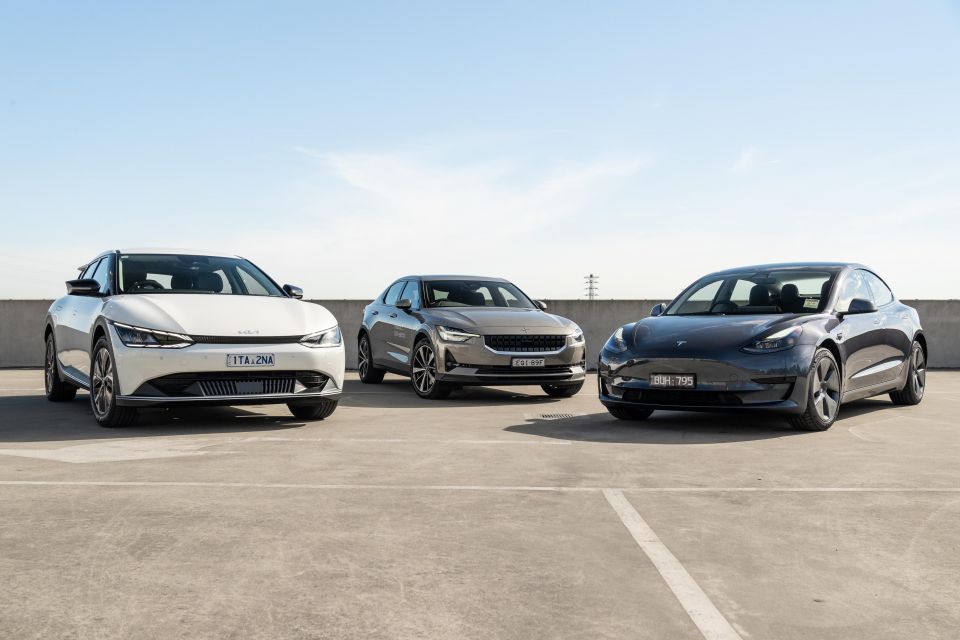
This project is part of the McGowan Government’s $43.5 million Electric Vehicle Fund.
Headlining the WA plan is the ‘Clean Energy Car Fund’ which will include a claimed $36.5 million in taxpayer dollars to pay for up to 10,000 rebates of $3500 each, to Western Australians who buy a new EV or hydrogen fuel-cell vehicle (FCEV) up to a value of $70,000.
These rebates are the highest in the land, compared to $3000 rebates offered (or coming) in New South Wales, Victoria, Queensland and South Australia.
MORE: WA government releases $3500 EV rebate, 2027 road-user charge MORE: Western Australia building country’s longest ‘electric highway MORE: What electric car buyer incentives are offered in Australia?


Derek Fung
59 Minutes Ago


Max Davies
7 Hours Ago


Damion Smy
16 Hours Ago
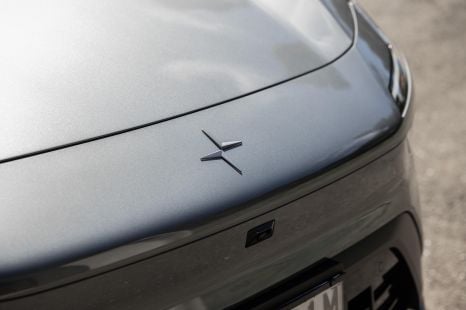

Damion Smy
16 Hours Ago
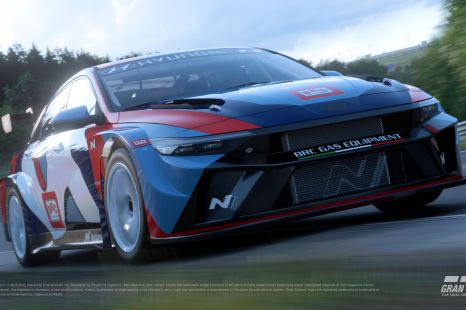

Damion Smy
18 Hours Ago
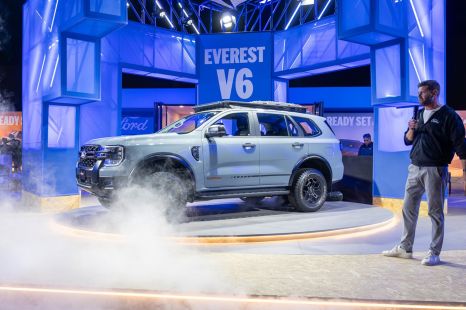

Damion Smy
20 Hours Ago